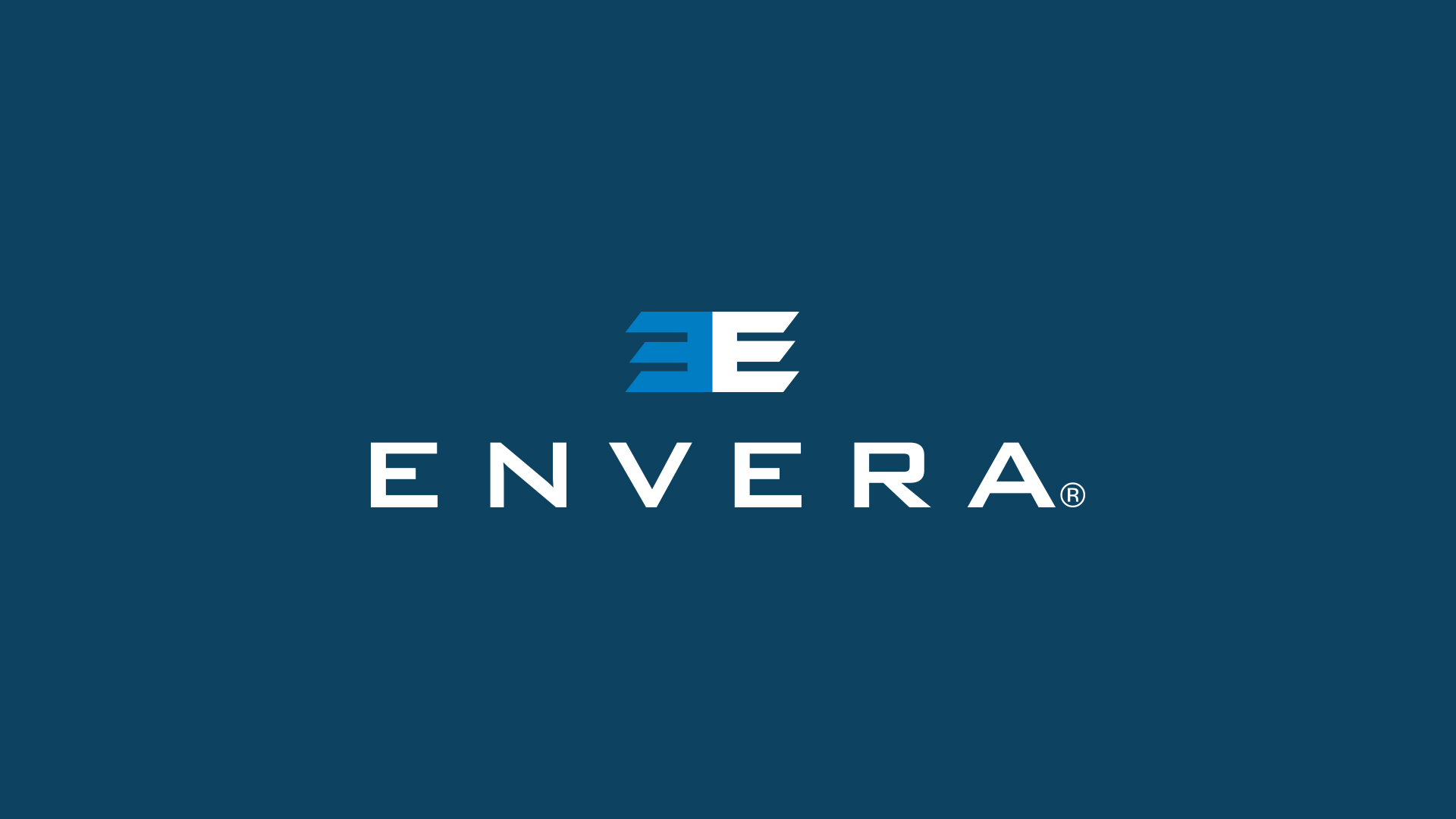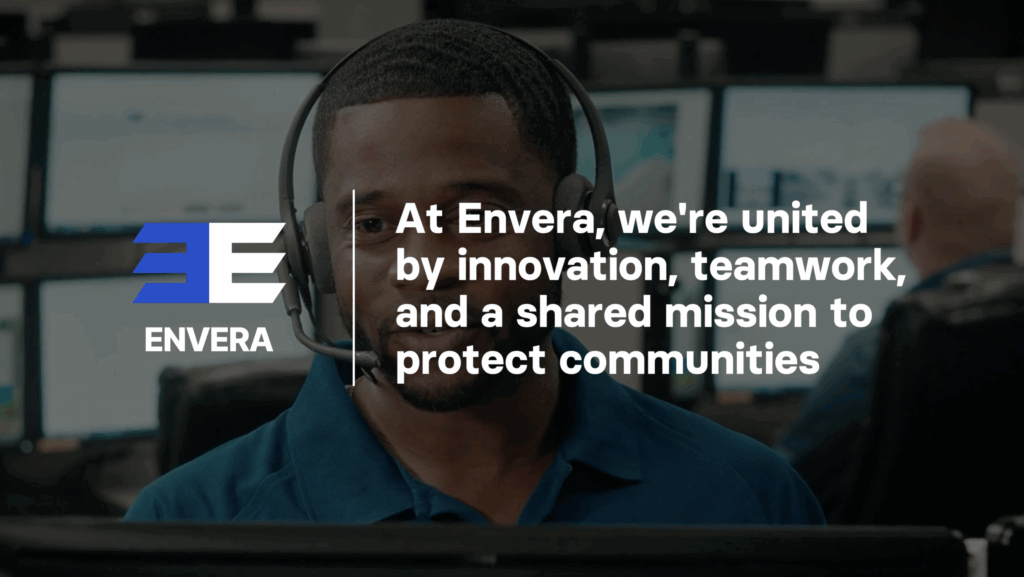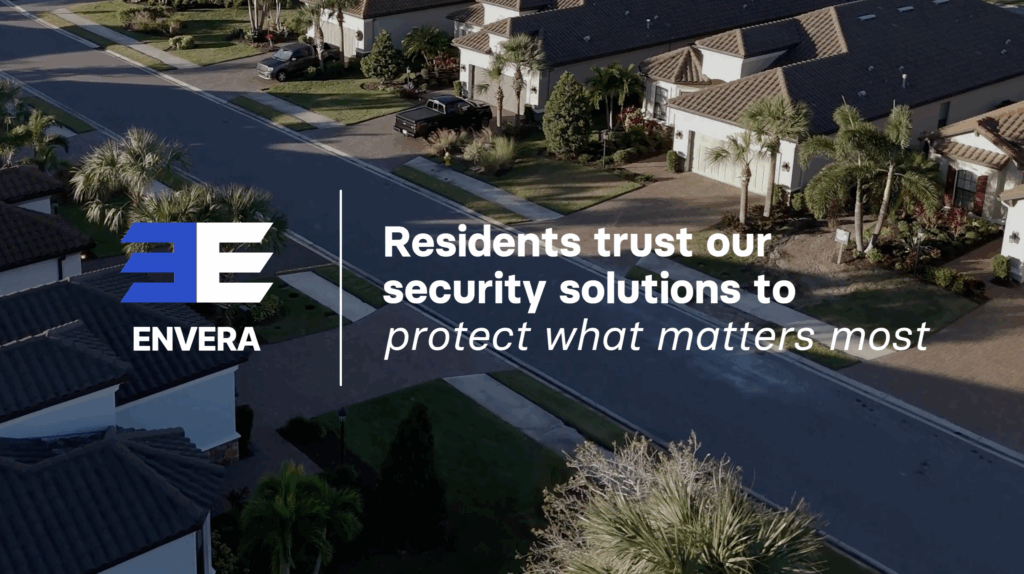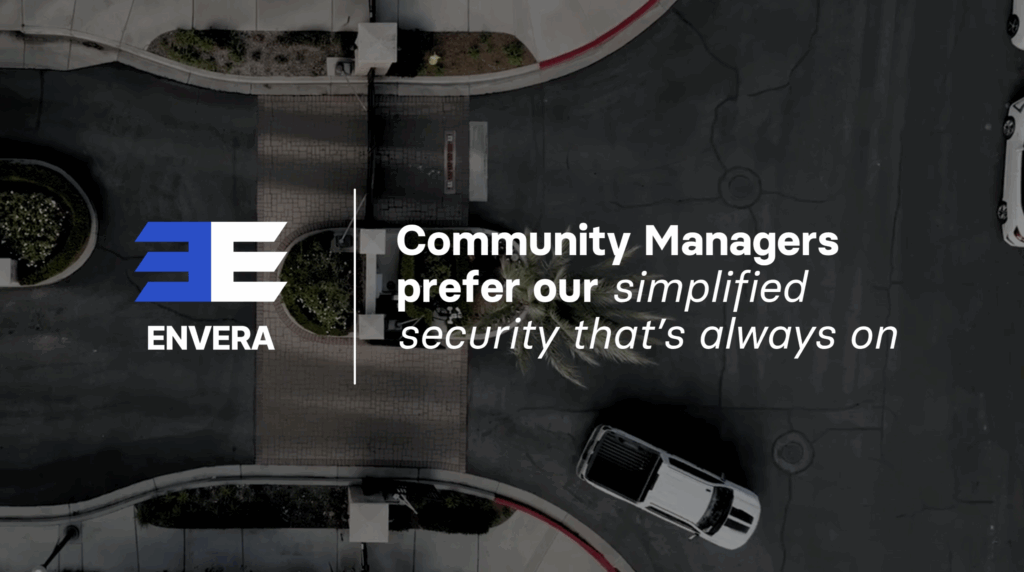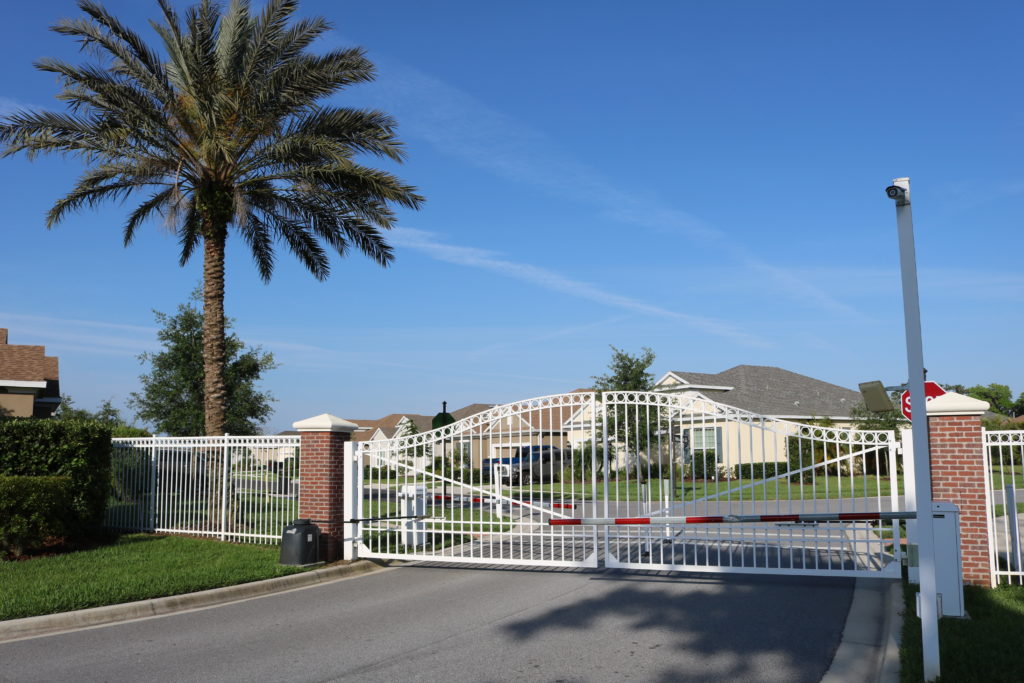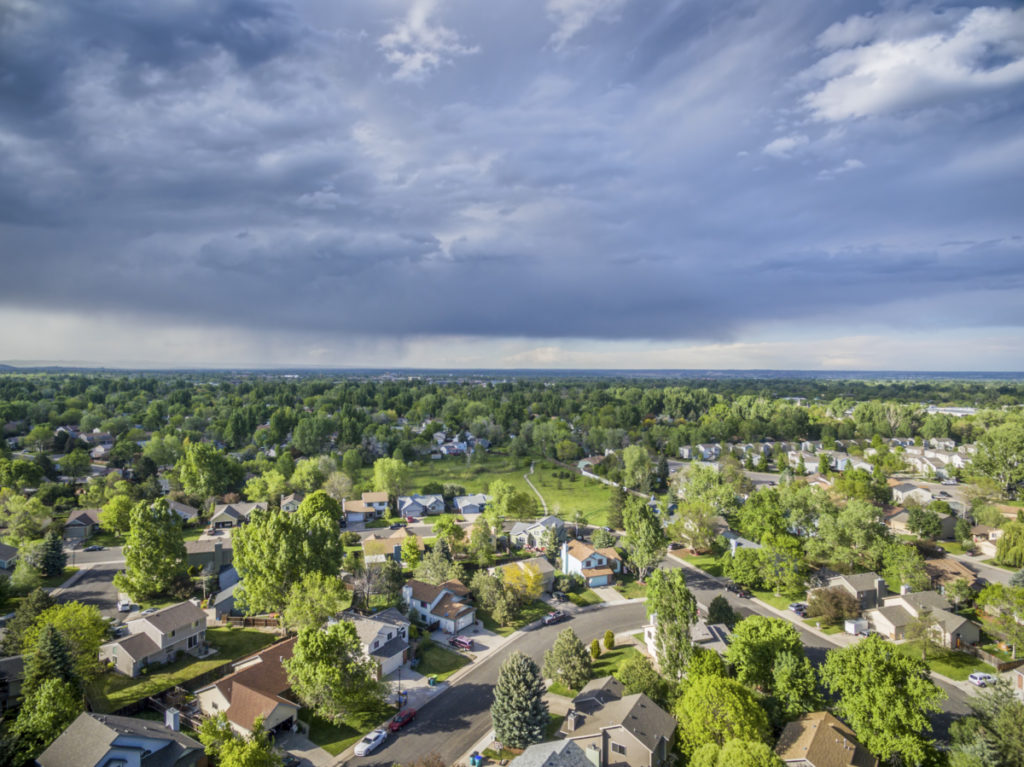Two teenagers jump the fence late one night at a condominium association’s pool. Suddenly, a voice, as if from on high, bellows, “This is Envera Systems monitoring the pool area. The area is closed. You need to leave immediately.”
Scaring trespassing teenagers is not the main service offered by Envera Systems, a Sarasota County-based “virtual guard” company, though it may be the one that is the most fun.
The core service that has driven Envera from a four-employee start-up in 2007 to hiring its 50th employee in March is its remote management of gates at gated communities.
From what amounts to a call center at its offices off Sarasota Center Boulevard, Envera’s guards grant — or deny — access to more than 100 communities, from Jacksonville to Miami. The job is simplified by residents using a website to manage their guest lists, approving some and blocking others.
The Great Recession has actually been good for this start-up, which offers a sort of passive watchfulness through video cameras, motion detectors, two-way audio systems, remote control of gates, and, of course, its Sarasota County-based virtual guards.
Communities are strapped for cash, said Tom Swain, an owner of Envera and its senior vice president for business development. Foreclosures are causing association dues to increase, and vacant homes and condos make residents feel less safe.
“It’s played into our hands,” Swain said of the recession.
The company’s business plan turns on the idea that it costs an association $150,000 to post a guard 24 hours a day, seven days a week. Even with the price of surveillance equipment, which can be spread over a three-year contract, Envera can undercut that cost.
“It’s the taxes and the uniforms and everything,” said Chris Reese, vice president of land development for Lakewood Ranch-based Neal Communities, which has three developments under Envera’s protection.
Not only are the savings substantial, but the security is impressive, said Reese, noting that Neal has signed with Envera to plan the security for two new developments, a move expected to reap more savings. For example, these communities will need remote-controlled gates rather than guard shacks, which are basically small living quarters and cost about $200,000 each.
The concern initially was that a remote guard would not be able to operate as quickly as a real guard on the site, causing lines of cars to back up at gates.
That has not happened, Reese said.
Hidden Eyes
Swain, who owns the local Sonitrol operation providing commercial security in Manatee and Sarasota counties, decided to broaden his market, starting a small residential security company in April 2007.
He only had four or five employees at first and quickly realized that the name of the firm, Hidden Eyes, emphasized the one feature of surveillance-based security that people can be squeamish about.
Besides that, an Internet search for Hidden Eyes leads to “some very bad websites,” Swain said. The new name, Envera, is short for “Enter with Verification.”
Swain, the 47-year-old son of Sarasota businessman Tony Swain, along with Boca Raton-based Verifier Capital, a venture capital firm, bought some software, a security system really, from the estate of a Sebring gatemaker.
The gatemaker had, Swain felt, found a way to provide security that was superior to the two traditional options — live, expensive guards or keypad-controlled gates.
At the time, though, the idea of remote guards providing event-based security — the event being a motion sensor detecting a car or a visitor pushing a button — was restricted by the speed and expense of hard-wired communications lines.
But the explosion of wireless technology and web-based systems made the virtual-guard idea plausible, Swain said.
Residents can add and subtract approved visitors, add a visitor for a week only, or ban others, through a personal account at www.myenvera.com. The less tech-savvy can simply use Envera’s voicemail system to add and delete approved visitors. For the more tech savvy, the company is developing smart phone applications, or apps, for managing their visitors.
Another feature of the service is that it is all in the “cloud,” the term for a service operated remotely. The cameras, microphones and motion detectors are installed in the community, but the data, the computers and the software are all at Envera’s Sarasota shop, with the data backed up every 15 minutes to an Arizona data center.
“They don’t have to buy servers; they don’t have to buy software,” Swain said of Envera clients.
Through April, Envera handled 150,000 visitors seeking access to communities it guards. The average response time is 10 seconds and the average time it takes to verify and provide entry to a guest is 45 seconds.
“I’ll put up those metrics against any guard,” Swain said.
Envera also generates regular reports for its clients, showing trends in visitation by the hour, the day or over months. The reports also show how much time it took, on average, for Envera guards to greet and deal with visitors.
At Envera’s offices in a narrow room with a dozen workstations, the company’s virtual guards operate like workers at a call center. When a guest is detected at a gate, he or she pops up on the screen of the next available operator.
The operation is quick. One guard allows entry to a visitor at a busy Naples community where a couple of cars are in line at the gate. Before the next car can pull up, the operator switches over to a Fort Myers community where another would-be visitor is at the gate.
The beginning
Swain has worked in security his whole career.
After getting his associate’s degree from what was then called Manatee Community College, Swain went to Florida State University. He did not graduate there, instead going into sales in Tallahassee for a national security company.
Sales suited him, and he was tapped to manage a new Sonitrol office in Panama City. Twelve years ago, Swain acquired the Sonitrol operation for Sarasota and Manatee counties but handed the day-to-day operations over to a management company so he could work full-time on Envera, where he sees a much greater promise of growth.
“It’s a very niche market. We stay in the box,” he said, noting that the company has resisted the temptation to expand into commercial security and other areas. With the thousands of homeowners associations, condo associations, community-development districts and other communities in Florida alone, there is plenty of room for growth in this niche.
“We haven’t even skimmed the surface,” Swain said.
While Swain concentrates on his specialty, sales, Addi Aloya, president at the venture-capital firm Verifier, is Envera’s president as well, underscoring the need for financing in Envera’s plan to expand not just in Florida, but nationally.
“I put in a lot of money, they put in a lot of money, and when you get into it, you find you need a lot more money,” Swain said.
Next generation
The company has budgeted more than $1 million for a software and systems upgrade that Swain expects to add impressive, and somewhat creepy, capabilities to Envera’s remote system.
He expects to roll out in 12 to 16 months a system capable of recording much better photos and videos. Automatic license plate reading and checking, and possibly face recognition, also will be part of the upgrade.
License-plate recognition could check a vehicle through a database before the guard even greets a guest seeking entry. Face recognition could approve frequent and approved guests automatically without talking to a guard.
Clients will be able to select the features they want, so if they feel uneasy about using face-recognition software to identify visitors, they don’t have to use it, Swain said.
Besides giving the customer control over the data and its use, one of the things Neal Communities’ Reese raves about is that Envera is always coming up with new features.
“You need to stay at the forefront,” Reese said. “The thing about coming up with something innovative like this is, next thing you know, somebody else is doing it.”
Swain realizes there will be challenges.
“We know we’re going to have competition.” The goal is to stay “ahead of the curve” with the system and feature upgrades.
“We are going to go nationwide. We’ve got big plans to take this to the next level,” Swain said.
While Envera’s bread and butter is visitor access control, the part of the business that has taken off is amenities security, including swimming pools, clubhouses, gyms and restaurants.
When an apparent vandal tries to get into these places after hours, the virtual guard can respond with a loud and abrupt voice. If compliance is slow, the threat to call police comes quickly, and safely.
“They can’t intimidate a camera,” Swain said.
(Reproduced with permission from the Herald Tribune. Original article is HERE on the Herald-Tribune website.)
